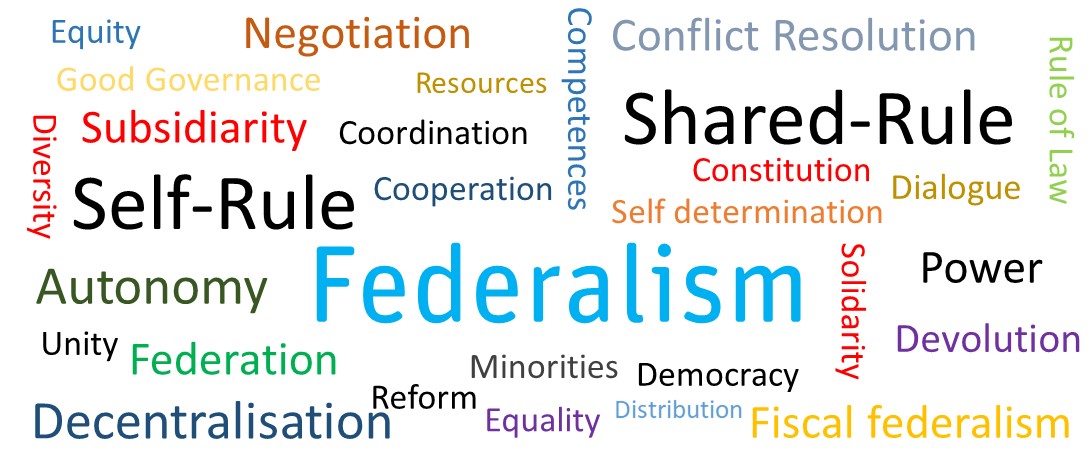Abstract
For decades, debate has revolved around whether the Islamic Republic of Pakistan qualifies as a federation. This uncertainty originates from the lack of democratic credentials within Pakistan’s federal system and its multilevel operations. Often ignored is Pakistan’s colonial history and the legacies of colonial rule that have aided and abetted this status quo. Postcolonial Federalism advocates a relationship between the de jure and de facto legacies of colonial rule and Pakistan’s current federal dynamics. It emphasises the importance of colonial socio-political engineering and the inheritance of institutions after independence in 1947. To understand the social reality of federations such as Pakistan, it is essential to detach from the Western frameworks and objectives of federalism as we know them.

